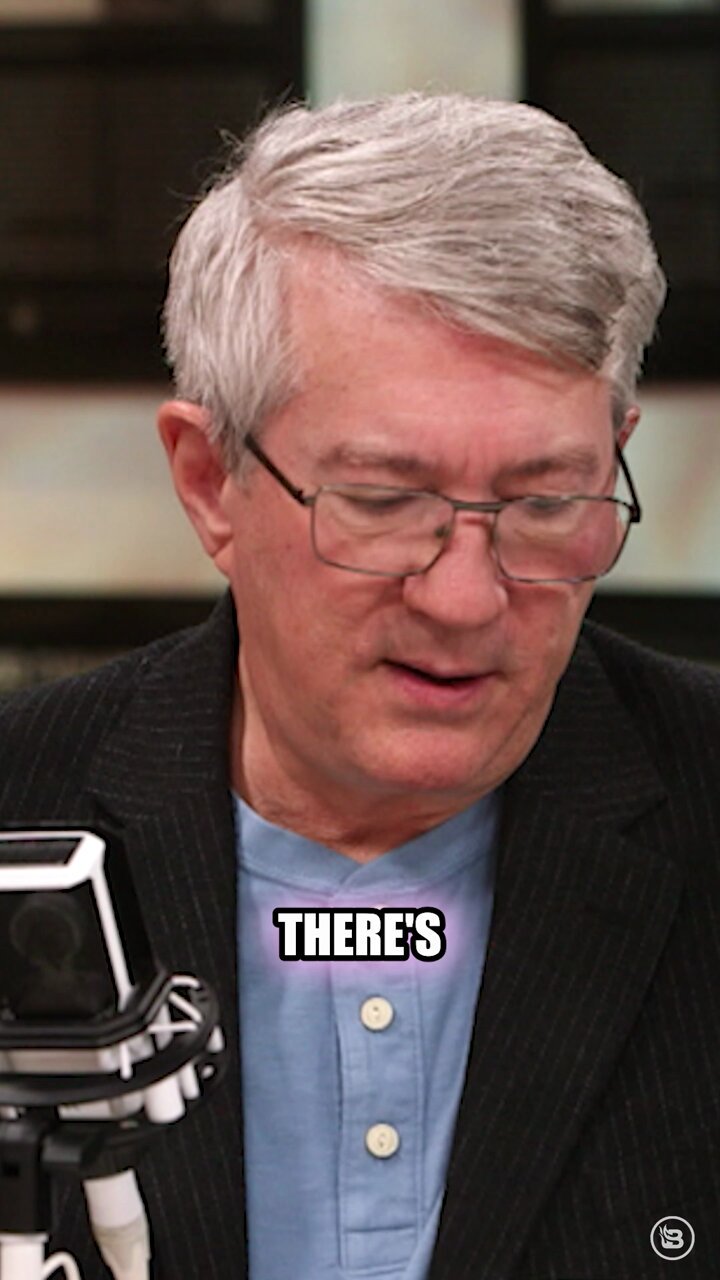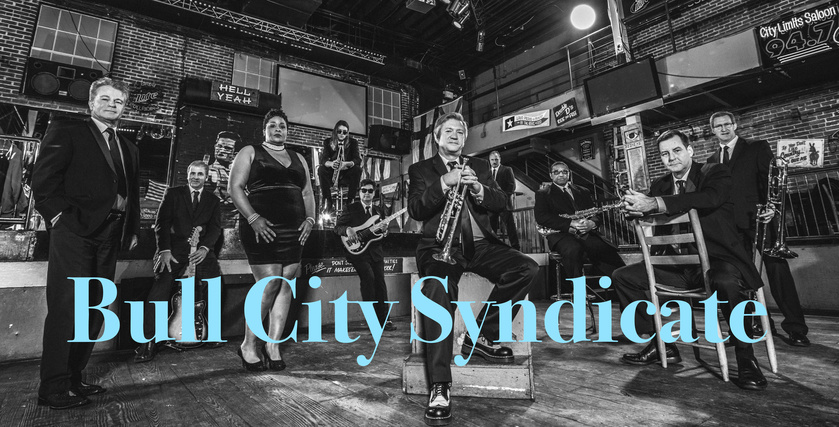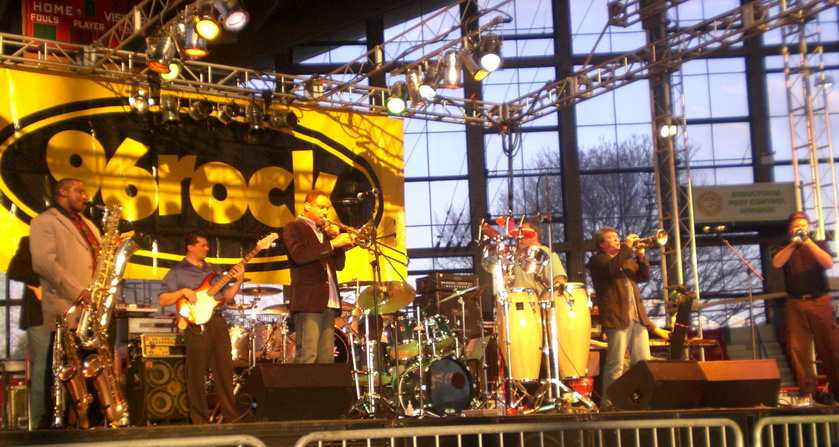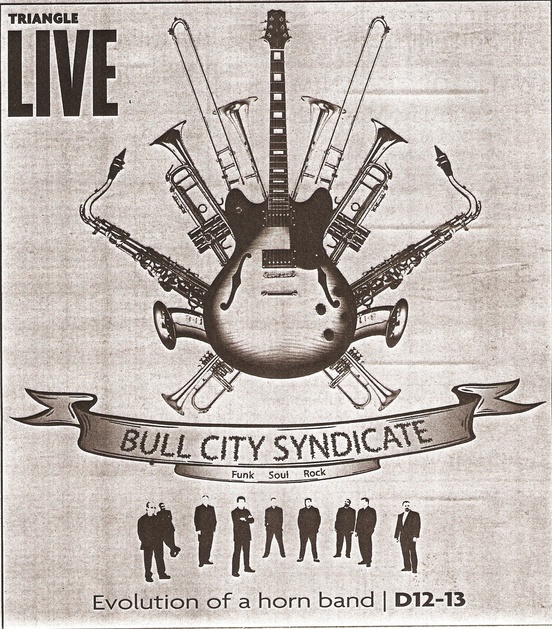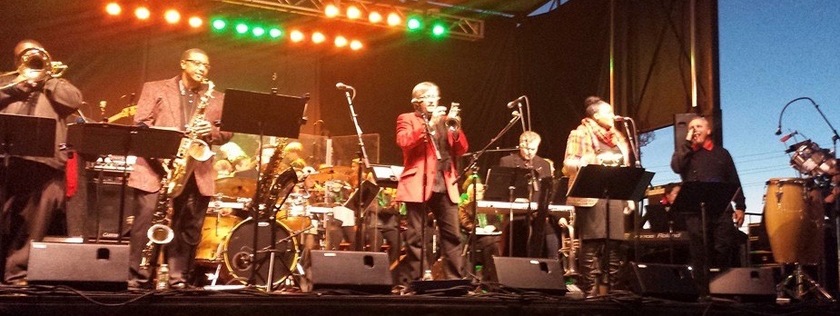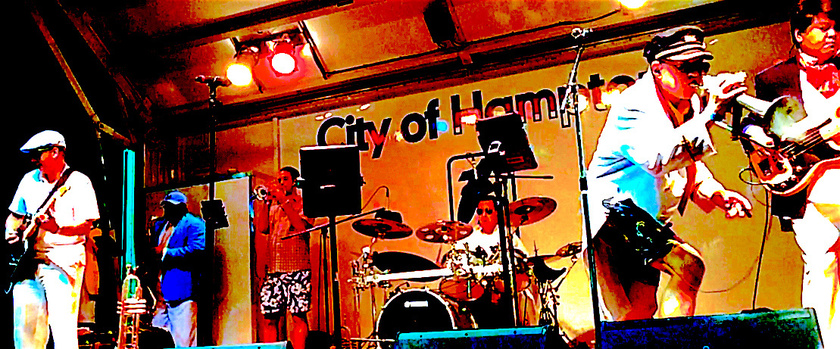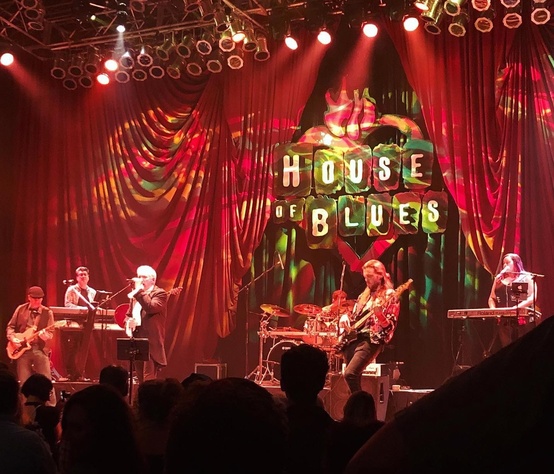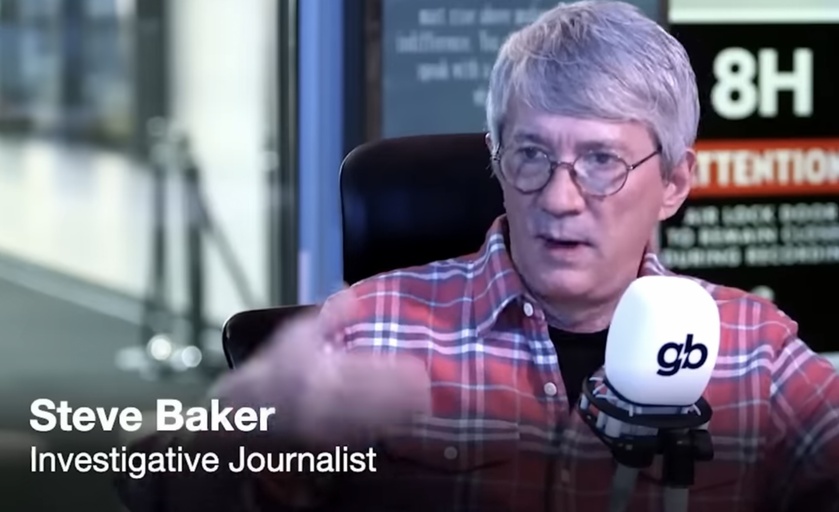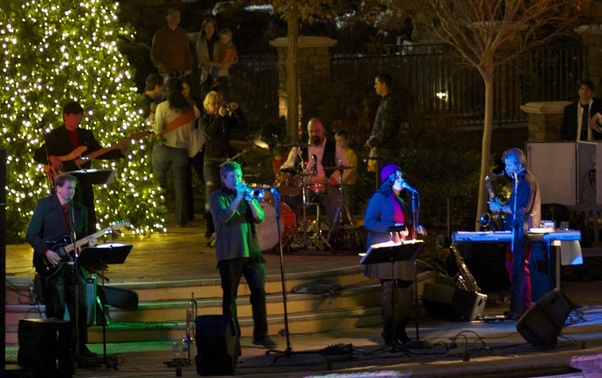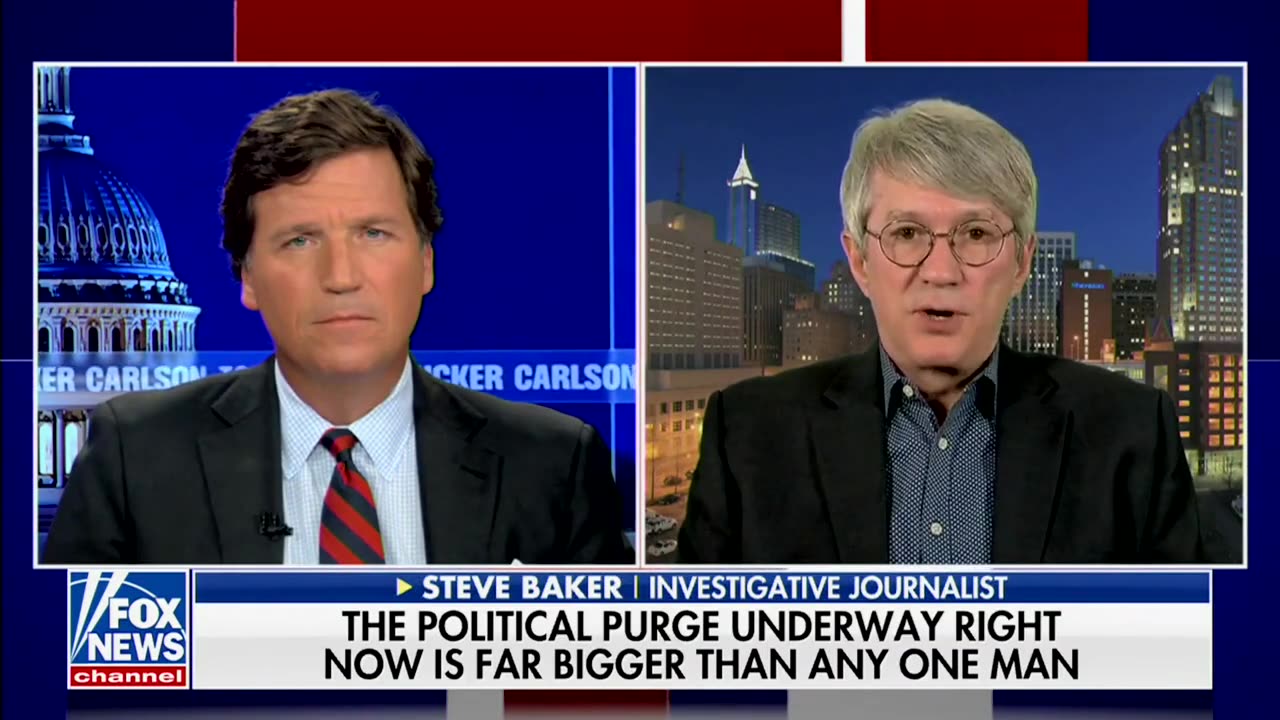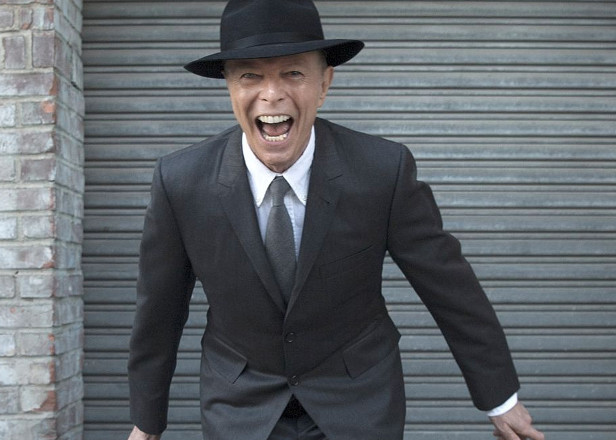
I’m still trying to process Moonage Daydream. Given the more pressing concerns I’m currently working on, it would seem commenting on a film about David Bowie’s life should understandably rank substantially lower than an investigation into child trafficking.
Or, does it?
Why do we sing songs at funerals? Why do bagpipes lead the Queen’s funeral procession? How is such great art produced during oppressive times and under authoritarian regimes? Campfire songs originated after 16 hours of toil and miserable labor, not a Frankie Avalon and Annette Funicello beach movie. Negro spirituals were a direct response to bondage and slavery.
Maybe God’s gift of music is nothing more than an opportunity to reboot our brain’s software when we’ve run out of operating capacity for the day? Nothing more. Nothing less.
Nevertheless, I actually felt guilt pangs for going to a movie last night. And one about a cross-dressing, shape-shifting alien rock star? Normally, I would be able to churn out a more typical movie or concert review without breaking a mental sweat. Not so, this time. Maybe it’s because of the prevailing distractions, or maybe because I simply couldn’t process the point of the film.
Don’t get me wrong . . . Moonage Daydream is a visual and aural feast for any David Bowie fan. Especially in IMAX, where the soundtrack was pumped out in eardrum-fatiguing and seat-shaking thunder. But, the film is neither a biopic or a true documentary. It’s really just a psychedelic collage of Bowie’s many physical and musical transitions, mostly narrated by the chameleon’s own voice. The sights and sounds are in fact the story, but it is told neither chronologically or answers the questions non-fans or more causal Bowie fans might have: about his childhood; his calculated rise to fame; how his most important transistion was to that of a better human during the second half of his life; or . . . his exit from this planet, in such dramatic manner as could only have been scripted by . . . David Bowie.
The film leaves much out.
Writer/Director/Editor Brett Morgen was given unrestricted access to the thousands of hours of unreleased, unseen, unheard material that Bowie had archived during his nearly six decades of unmatched creative output. As such, I saw and heard new things, but was left wanting so much more. Maybe there will be a “Part 2?” I’ve no doubt the keepers of Bowie’s estate will continue to gift us with unreleased material for many years to come, but I’m not sure THIS movie will attract new fans to Bowie’s unequivocal artistic genius.
That was my prevailing thought last night, throughout the film. “Will this bring in new fans, or was this just a gift to those of us who ‘already know?’”
Moonage Daydream is wondrous. It’s big. It’s loud. It’s magnificently edited. It's truly epic, and it proves — once again — that Bowie was/is the coolest, bravest, smartest, most eclectic genius rock star of all time . . . who you can’t take your eyes off of . . . and whose speaking voice, alone, can be listened to for hours on end without fatigue or failing interest. As such, I highly recommend it -- especially to those of you who are not fanatics of the Starman. (I’m more curious to hear your impressions than to have a geek-out session with another fanboy.)
In short . . . everything about Moonage Daydream was perfectly presented, but it wasn’t enough. Maybe it’s because I’m so distracted by other, more urgent concerns. Or, maybe it’s because Bowie himself gave us more than any other artist, and that too was never enough. This film further emphasizes that reality and once again left me . . . empty?
I will see it again, soon, but only after my current mission. Maybe I’ll have a completely different take, next time.
For now . . . back to the jungle.

